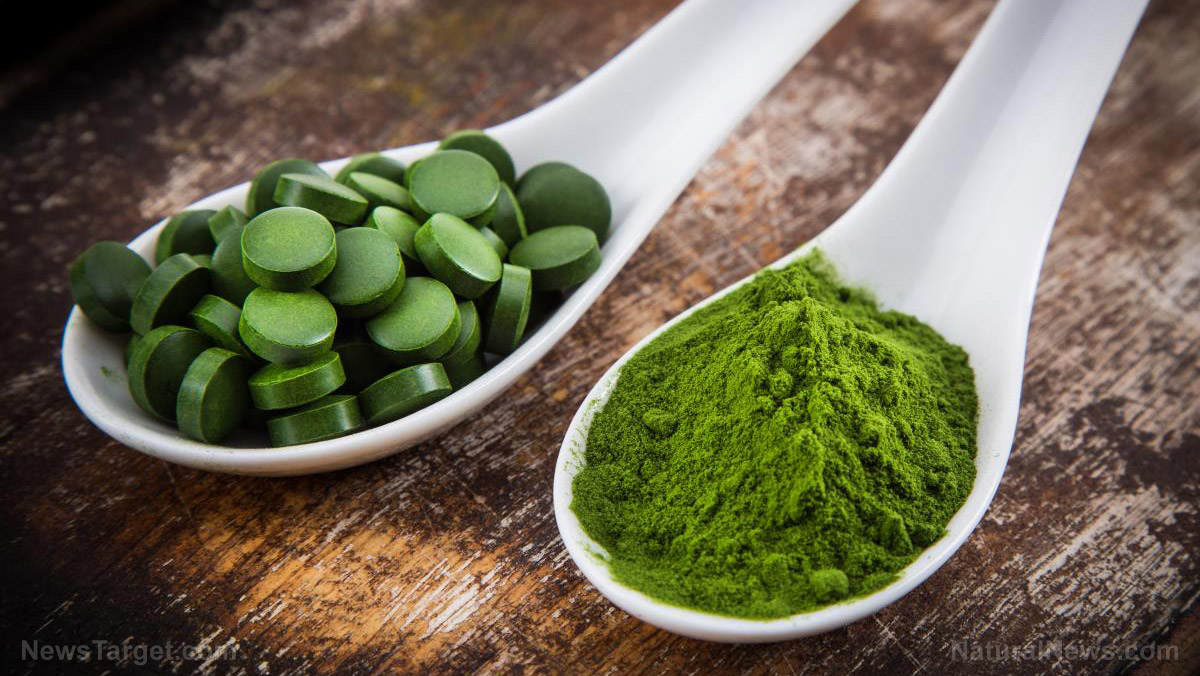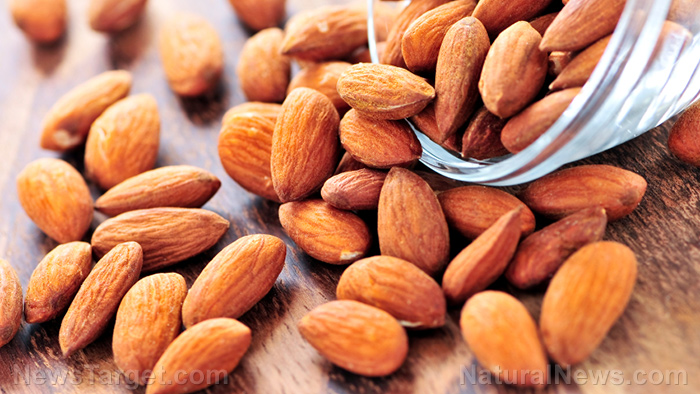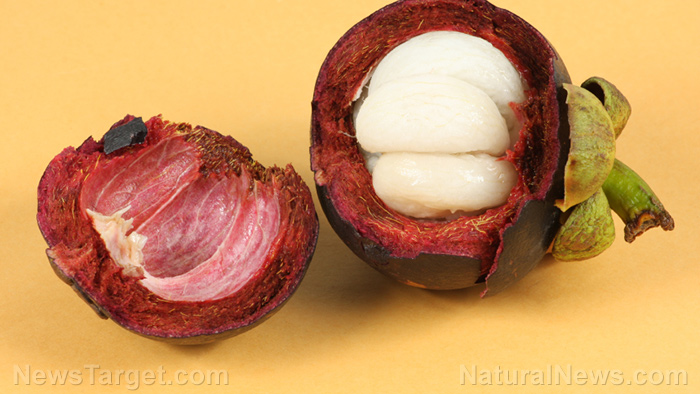Say goodbye to embarrassing “senior moments” by eating more blueberries, the superfood known to keep your brain young
07/16/2018 / By RJ Jhonson

“Senior moments” – forgetting where you parked your car, what day of the week it is, or whose birthday it is, to name a few – can put you through a lot of embarrassing situations. Most people believe that forgetfulness is a natural part of aging. A study published in 2017 in the journal Applied Physiology, Nutrition and Metabolism says it doesn’t have to be.
Brain function does tend to falter with age, leading older adults to experience forgetfulness, confusion, and the inability to concentrate. These are normal for the most part, but if they occur with increasing frequency, you could be at risk for dementia or Alzheimer’s disease.
A decrease in blood flow to your brain – which happens gradually over the years – is considered among the most common factors behind cognitive decline. It can also increase your risk for strokes and neurodegenerative diseases. That said, increasing blood flow to your brain could help maintain optimal mental function and prevent cognition-related disorders.
The aforementioned study looked at the effects of blueberries on blood flow to the brain and, consequently, cognition. Considered as a superfood, blueberries are popular not only among people with a sweet tooth but also among those who love to eat healthily. These small berries are big on nutrients but not on calories. They contain plenty of vitamin C and other antioxidants that help optimize cellular function, fiber that helps prevent heart conditions, and vitamin K that helps keep the blood healthy.
The study recruited older adults who were divided into two groups. One group received a placebo, while the other group received 30 mL of a blueberry concentrate which they had to drink daily for 12 weeks. After this, the researchers examined their brain activity through a magnetic resonance imaging (MRI) scanner. The participants were made to answer cognitive tests while inside the machine.
In this technique, called a functional MRI, researchers are able to evaluate the brain while it functions. This way, they see which parts of the brain are activated when certain tasks are performed. They are also able to track how blood flows inside the organ.
The team found that those in the blueberry group fared better than the placebo group in that they had more brain activity. The flow of blood to the parietal and occipital lobes – the zones in the brain that govern visual and tactile information – led to improved cerebral function. Additionally, compared to the control group, the individuals in the blueberry group demonstrated an improvement in working memory.
The researchers concluded that blueberry supplementation helped improve the blood flow to areas of the brain that deal with cognitive function, helping mitigate some of the symptoms associated with old age.
A previous research, one published in Journal of Agricultural and Food Chemistry, corroborates these findings. This research involved older adults who were given wild blueberry juice which they needed to consume daily for 12 weeks. The participants had mild cognitive decline.
In the end, the participants not only showed signs of improved memory and brain function, they also exhibited better control over their blood sugar levels and reduced incidence of depressive symptoms.
Another experiment, this time involving children aged eight to 10 years old, proved that the brain-friendly benefits of blueberries are not just for older adults. The kids were given a beverage with freeze-dried blueberry powder and made to answer several tests. The young participants were noted to have shown improvements in both performance and accuracy in five different cognitive tests, as well as a delayed recall exam involving words.
This brain-protective function of blueberries is attributed to anthocyanins, the pigment that gives the berries their rich blue color. These natural chemicals are known to promote cerebral circulation and proper communication between neurons or brain cells.
Learn more information about the benefits of blueberries at Fruits.news.
Sources include:
Tagged Under:




















